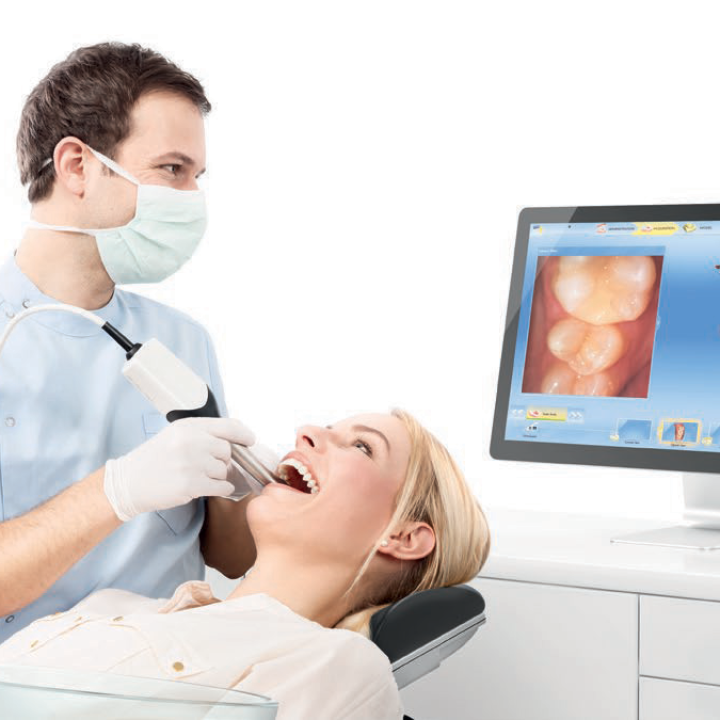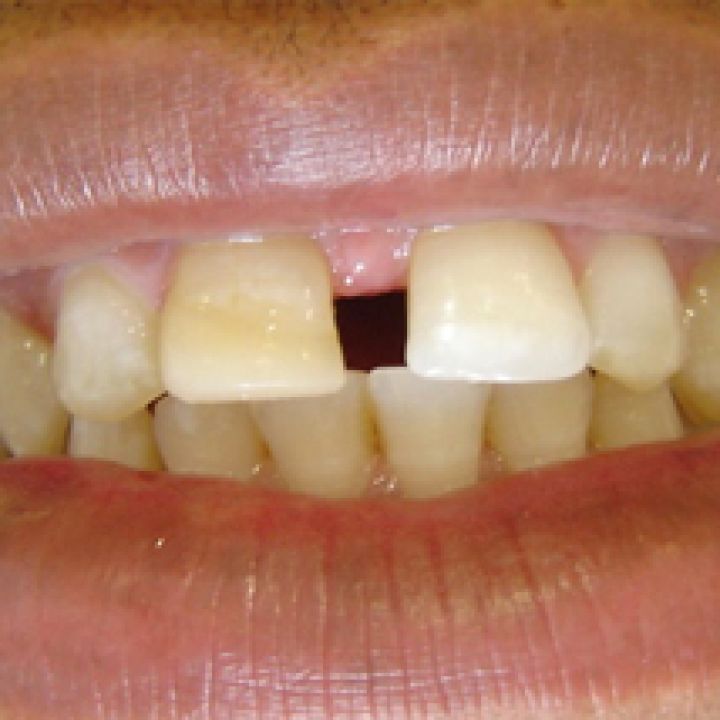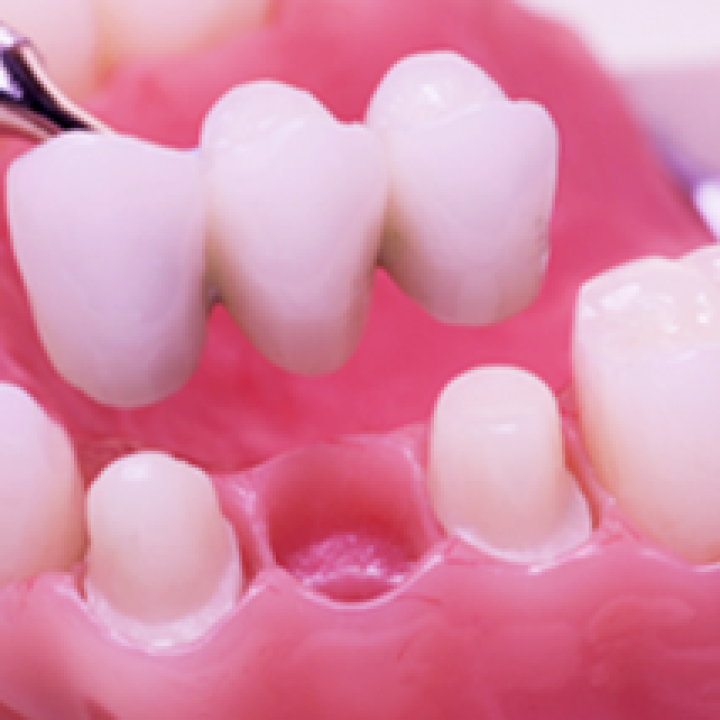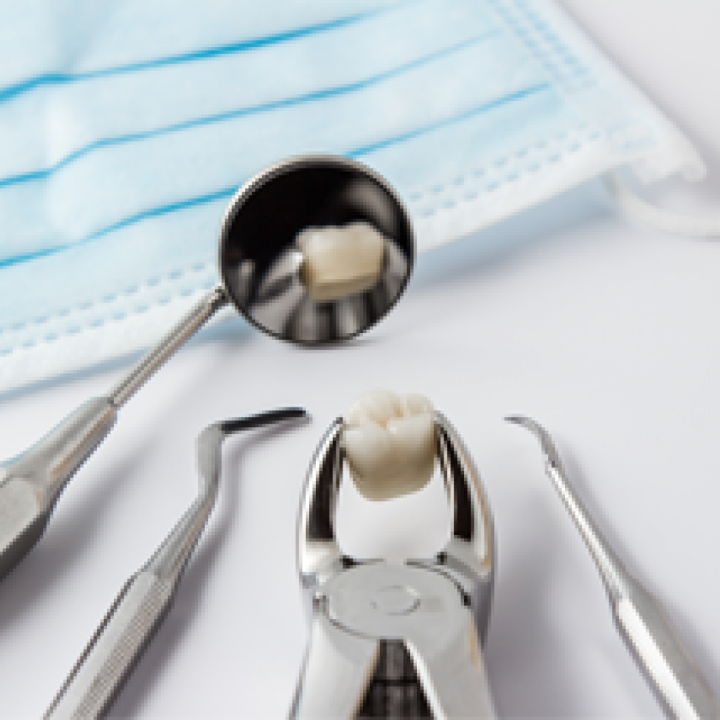Teeth Grinding
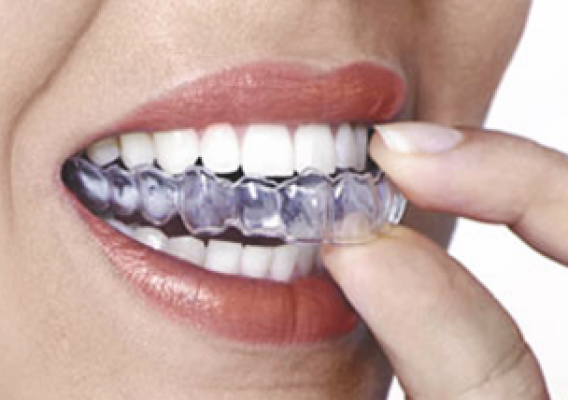
Our teeth are only supposed to touch during chewing and swallowing to ensure optimum dental and joint health. For many people (20 - 40%) their teeth are touching more frequently and lead to a condition called bruxism (Greek 'bryx' meaning gnashing of teeth) or teeth grinding.
Teeth grinding refers more to the sideways movement of teeth, with the teeth just touching and clenching refers to the clamping of the uppers and lowers together. This frequent touching of the teeth leads to chronic damage to the tooth enamel, muscles and jawbones.
The main cause of teeth grinding is believed to be stress and anxiety that transfers to 'tightening up' of the mouth and jaw muscles. The powerful masseter or jaw muscle is stimulated and over time becomes even stronger and can create tremendous force when closing the upper and lower jaws together.
What Is The Damage?
Teeth grinding can start at an early age and carry on throughout life that peaks during more stressful periods. Normal tooth wear takes place at a rate of about 0,3mm every 10 years. With heavy grinders(bruxers) it is not uncommon to have lost about 2mm of enamel when they reach their mid-twenties. The forces on the enamel and teeth can reach up to 113 kilograms per square inch. That's enough to crack a walnut!

Most people that suffer from bruxism will have some or all of the following problems and symptoms:
Symptoms and Signs
- Front teeth are worn down and appear to be flat and even in length
- Small micro-cracks and broken fillings can lead to nerve damage and breakage
- Gum recession, due to pressure on the gum line
- Loose teeth(from rocking effect of bruxism) and gum pockets(increase the effects of gum disease)
- Headaches, migraines and aching jaws due to overuse of muscles
Treatment: The Bite Plate (Gum Guard)
Although there is no cure for bruxism, the condition can and must be managed. Bruxers bring a big challenge to the dentist as these massive forces are destructive to natural teeth enamel and dental restorations. 
One fantastic treatment device is the bite plate or night guard. This simple but highly effective device is customized and serves as a bumper guard to protect and absorb the force of the grinding and clenching. While some over-the-counter devices are available they are not customized and are very uncomfortable to wear. They are also very soft and do not protect the joints and jaw muscles. The guard needs to be hard to stabilise the joints otherwise soft devices just stimulate further grinding due to the 'give' of the material.
Different designs are available depending on the symptoms involved and vary from full arch to small front devices. Some devices are also very thin if the only requirement is protection against chipping and fracturing of veneers or other dental work.x
Care for your Bite Plate
After each use it is important to clean your night guard immediately. When you remove it from your mouth don’t let it dry and then try to clean before next use as dried bacterial, saliva and calculus layers can be more difficult to remove later once dried and hardened.
- You must always clean it with cold water as hot water causes warping and can affect the fit.
- Use an old toothbrush and a bit of liquid hand soap or dishwashing liquid to clean it. (Do not use toothpaste or mouthwash to clean it as they can degrade the material over time).
- Let it air dry properly before the next use.
- Do not eat, drink or smoke with it in.
- It is our experience that dogs like to eat them and domestic workers sometimes throw them away. Keep it in a safe place, eg a bathroom cupboard next to your toothbrush.
- You may notice wear and tear on your night guard over time due to grinding or clenching your teeth. Wear and tear is ok and it is only necessary to replace the guard if it develops a big crack or holes that allow your top and bottom teeth to touch through it.
If you suffer from teeth grinding, we can help!
 | Wearing a nightguard or biteplate every night will protect your teeth against wear, chipping, gum recession, sensitive teeth and even yellowing of teeth. Imagine if you had a bite plate made 10 years ago? It really is a no-brainer! | ||



